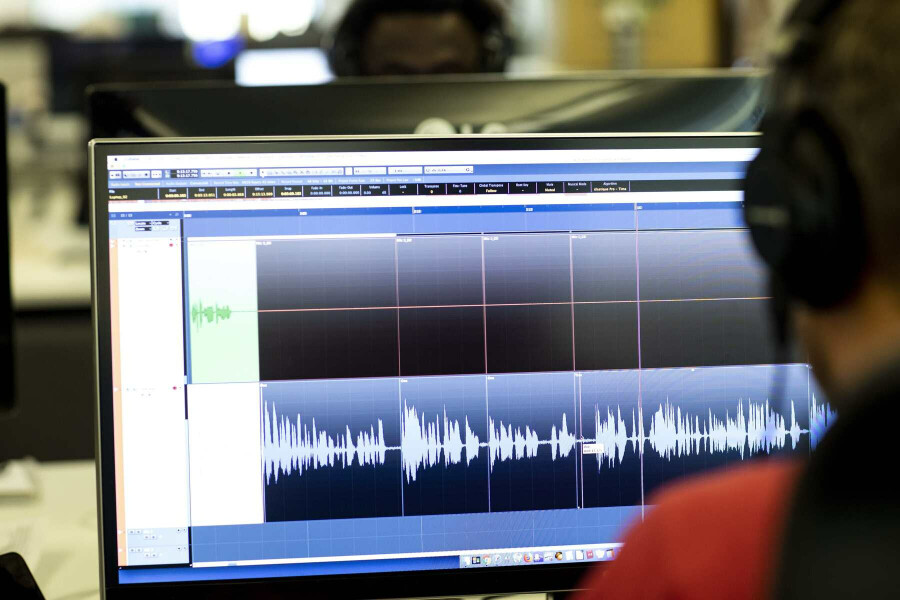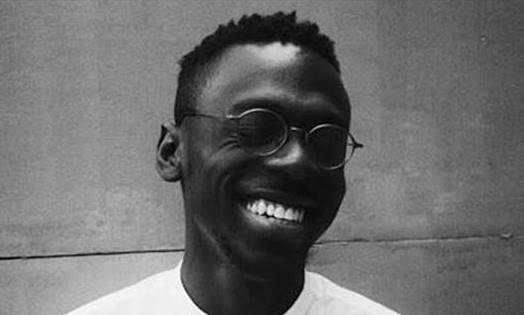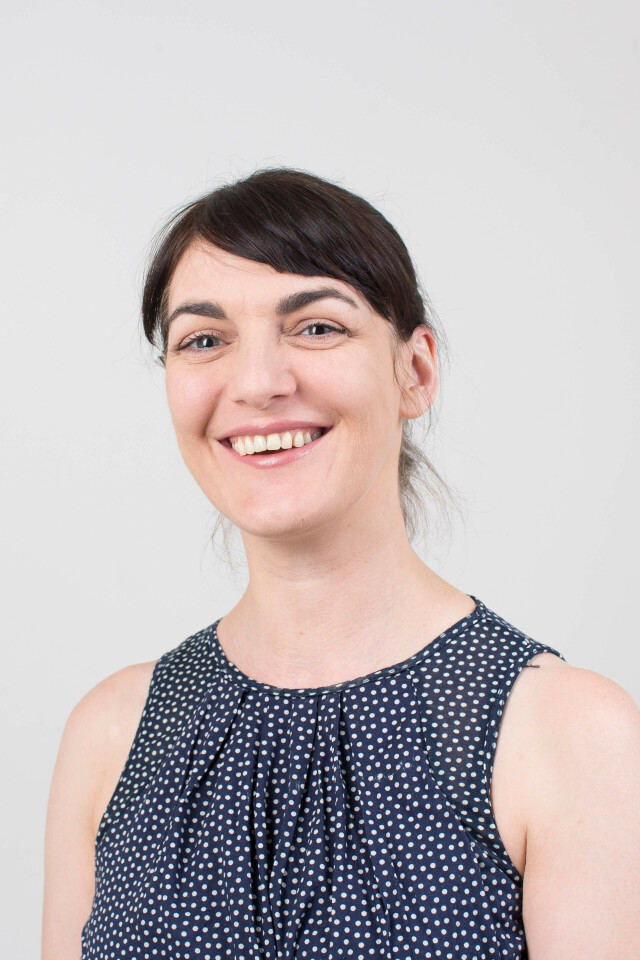My role involves…
Sound design, theme composition, mixing, editing, producing and developing.
My route into journalism was…
A head hunt specifically for the role of being Today in Focus' sound designer. Before that I was Studio Manager at various radio stations before that including the BBC.
The thing I enjoy about my job is…
The creativity and collaborative aspects of bringing a story to life through sound and music.
My one piece of advice would be…
To pay attention to the patterns of the workplace and news cycles if you want to be a step ahead. What do people care about? What are people not talking about? Where are the spaces that would benefit greatly from your attention and contribution? What brings you the most satisfaction when the work is done?
The most important qualities of working in podcasting are...
Honesty, warmth, reliability, and consistency. Being funny is a plus but more importantly being kind is the ultimate trait. There are spaces that will demand you to harden. While there may be a practical use for that from time to time, remember you have a heart and you're not made out of stone. Keep it beating.


